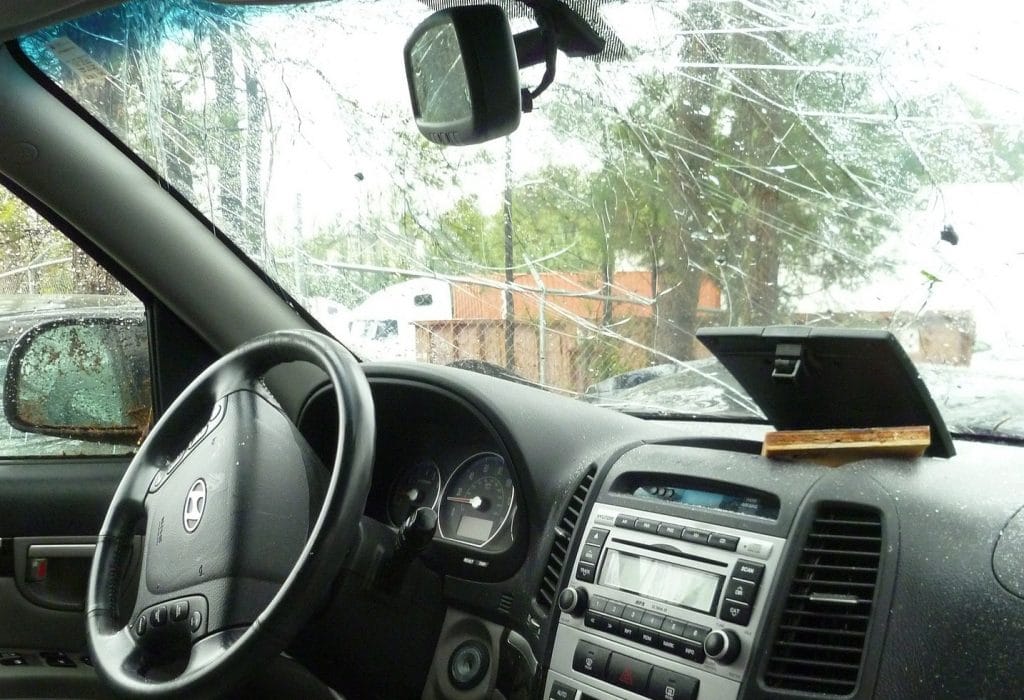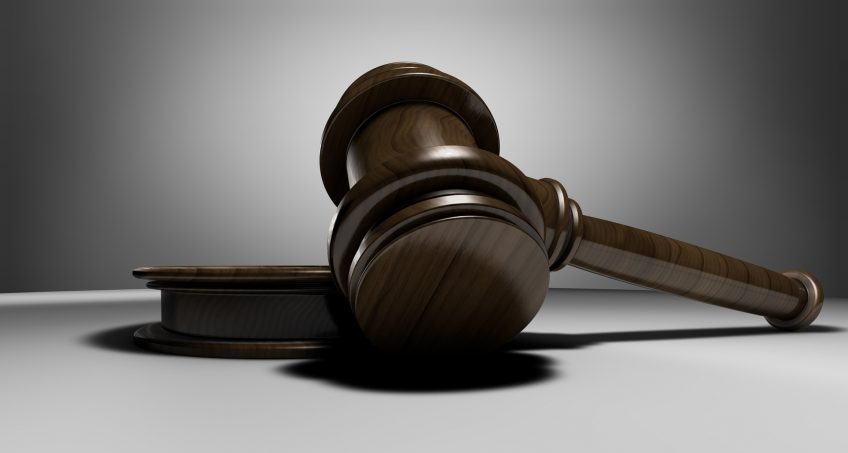Florida Enforces New Handheld Device Law Starting October 2019
Car AccidentsFlorida’s new law banning the use of cell phones in school zones and construction zones goes into effect October 1, 2019. Section 316.306, Fla. Stat. sets out new ways for law enforcement to enforce the “Florida Ban on Texting While Driving Law” found in section 315.305, Fla. Stat.
What Is New?
The new language in section 316.306 allows a police officer to stop a vehicle if the officer witnesses the driver operating a “wireless communications device in a handheld manner.” For those of us who don’t speak legalese, this means that anyone touching their cell phone in a school zone or construction zone can now be pulled over as a primary offense. Warnings will be issued through December 31, 2019 and citations will begin on January 1, 2020.
The new law appears to exempt integrated “infotainment” systems that do not require the driver to touch the phone itself.
The new law also exempts cell phone use while your car is “stationary.”
Required Actions By Law Enforcement
The new law requires the police officer to inform the driver of his or her right to decline a search of their phone (remember that declining to give consent to a search does not constitute probable cause of a violation).
Assuming that the driver does not voluntarily consent to a search of their mobile device, the law also prohibits the police officer from the following:
- Accessing the phone without a warrant
- Confiscating or depriving the driver of the phone while waiting for a warrant to be issued
- Obtaining consent from the driver to search the phone through coercion or other improper methods (consent must be unequivocally voluntary)
Law enforcement must also notate on the citation itself the type of phone used.
Crashes Involving Death and Serious Bodily Injury
Florida’s new texting and driving law also provides that billing records and testimony from cell carriers may be admissible only in cases involving death or serious bodily injury.
This means that neither consent nor a warrant will be required to obtain a cell phone user’s billing records to determine whether the phone was being used at or near the time of the accident (again, assuming death or serious bodily injury). This applies to “any proceeding to determine whether a violation … has been committed.”
For civil litigants, this data may not be available beyond a certain time depending on the carrier. In a death or serious bodily injury case, your attorney may need to file a lawsuit and subpoena these records timely in order to preserve them.
Help For Texting and Driving Accidents
If you or someone you know has been injured by a driver who was texting, you should call us to talk to a texting and driving lawyer in Lakeland, Florida. Schedule your free consultation today.


